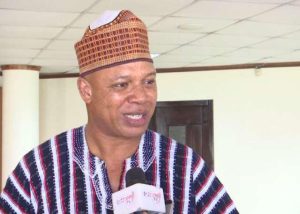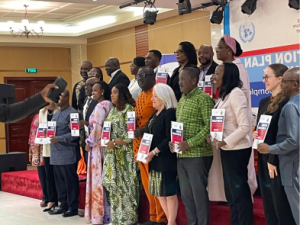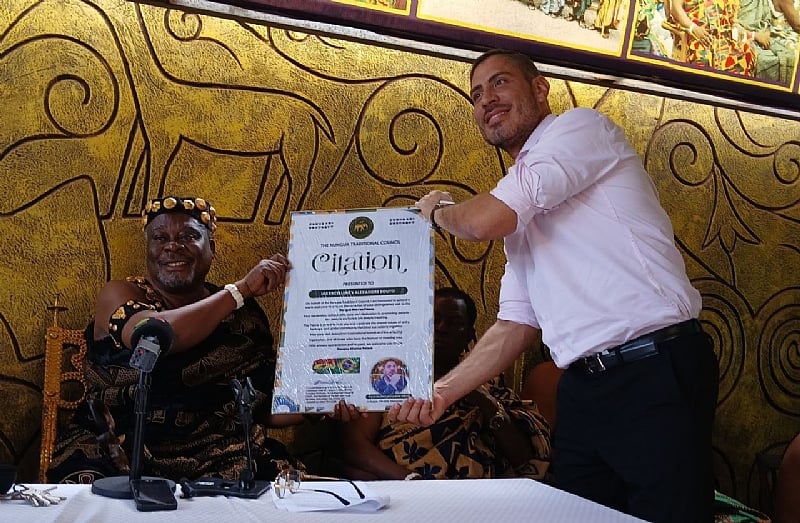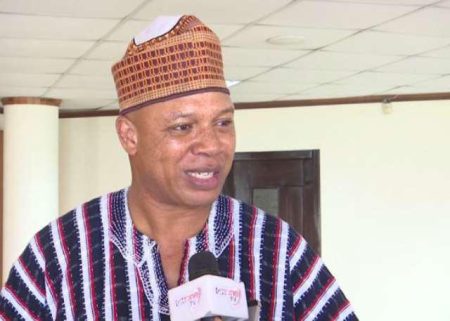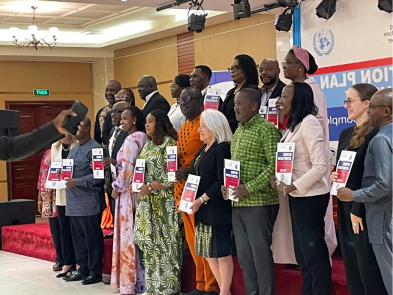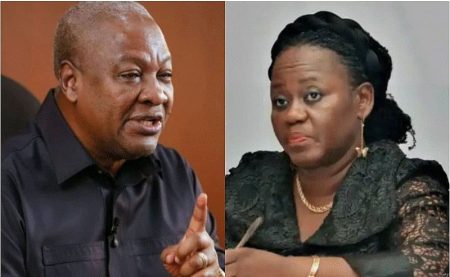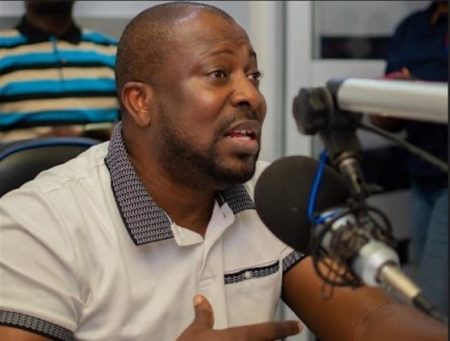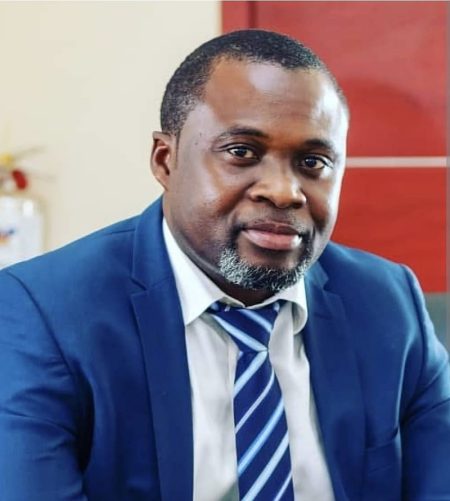Brazil, a global agricultural powerhouse, has extended a hand of partnership to Ghana, aiming to bolster the West African nation’s agricultural sector, particularly in the production and processing of key crops like rice, soybeans, and sugar. Alexandre Souto, the Deputy Head of Mission at the Brazilian Embassy in Ghana, underscored Brazil’s commitment during a visit to King Prof. Odaifio Welentsi III, the Nungua Mantse and President of the Greater Accra Regional House of Chiefs. Recognizing Ghana’s untapped agricultural potential, Souto emphasized the synergistic nature of the proposed collaboration – Ghana possesses abundant land resources, while Brazil boasts extensive agricultural expertise and technological advancements. This partnership presents a unique opportunity for Ghana to leverage Brazil’s experience to transform its agricultural landscape and achieve food security. Souto envisions a collaborative effort where knowledge transfer and technology sharing become the cornerstones of a mutually beneficial relationship, ultimately contributing to the prosperity of both nations.
The meeting between Souto and King Welentsi III was not solely focused on agricultural development. It also served as a platform to reaffirm the historical and cultural ties that bind the two nations. King Welentsi III highlighted the historical connection through the Tabom People, descendants of Afro-Brazilians who returned to Ghana in the 19th century. This shared history, interwoven with cultural exchanges and sporting collaborations, forms a strong foundation for renewed cooperation. The King recounted how, during Kwame Nkrumah’s era, Ghanaian football coaches were sent to Brazil for training, a testament to the historical sporting links between the two countries. This historical context underscores the deep-rooted relationship between Ghana and Brazil, extending beyond mere diplomatic ties and reflecting a shared cultural heritage.
Souto echoed the King’s sentiments, emphasizing the shared cultural heritage between Brazil and Africa, particularly the deep respect for traditional leadership and community structures. He highlighted the similarities between the Brazilian and African traditions of chieftaincy, drawing parallels that create a natural bond between the two cultures. This shared cultural understanding fosters a sense of mutual respect and facilitates open dialogue and collaboration. Souto also expressed optimism about the potential of cultural diplomacy to strengthen people-to-people connections and stimulate economic growth through South-South Cooperation initiatives, a key policy focus of Brazilian President Luiz Inácio Lula da Silva. This approach emphasizes cooperation and mutual benefit between developing nations, fostering a sense of shared responsibility and mutual support.
The envisioned partnership between Ghana and Brazil extends beyond agriculture and encompasses cultural exchange, technology transfer, and broader economic development. This multifaceted approach aims to create a strategic alliance, positioning both nations as key players in promoting prosperity and sustainable growth. By leveraging their respective strengths and addressing shared challenges, Ghana and Brazil can forge a partnership that benefits both nations and strengthens their positions on the global stage. This strategic partnership aligns with the broader goals of South-South cooperation, promoting economic growth and development through collaborative efforts.
The proposed collaboration between Brazil and Ghana holds immense potential for transforming Ghana’s agricultural sector. By adopting Brazilian agricultural practices and technologies, Ghana can significantly increase its production of key crops like rice, soybeans, and sugar, contributing to food security and reducing reliance on imports. This will not only enhance Ghana’s agricultural productivity but also create new economic opportunities within the agricultural value chain, generating jobs and boosting rural livelihoods. The knowledge transfer and technical assistance provided by Brazil will empower Ghanaian farmers and equip them with the skills and resources needed to modernize their farming practices. This, in turn, will contribute to a more robust and resilient agricultural sector, capable of meeting the demands of a growing population.
The renewed focus on the historical and cultural links between Brazil and Ghana provides a strong foundation for this strategic partnership. By acknowledging and celebrating their shared heritage, the two nations can foster deeper understanding and mutual respect, creating a conducive environment for collaboration. This cultural exchange will not only strengthen people-to-people connections but also promote tourism and cultural understanding. The partnership between Ghana and Brazil holds significant promise, offering a unique opportunity to leverage shared strengths, address common challenges, and build a prosperous future for both nations. This collaboration stands as a testament to the power of South-South cooperation in driving sustainable development and promoting mutually beneficial partnerships amongst developing nations.


